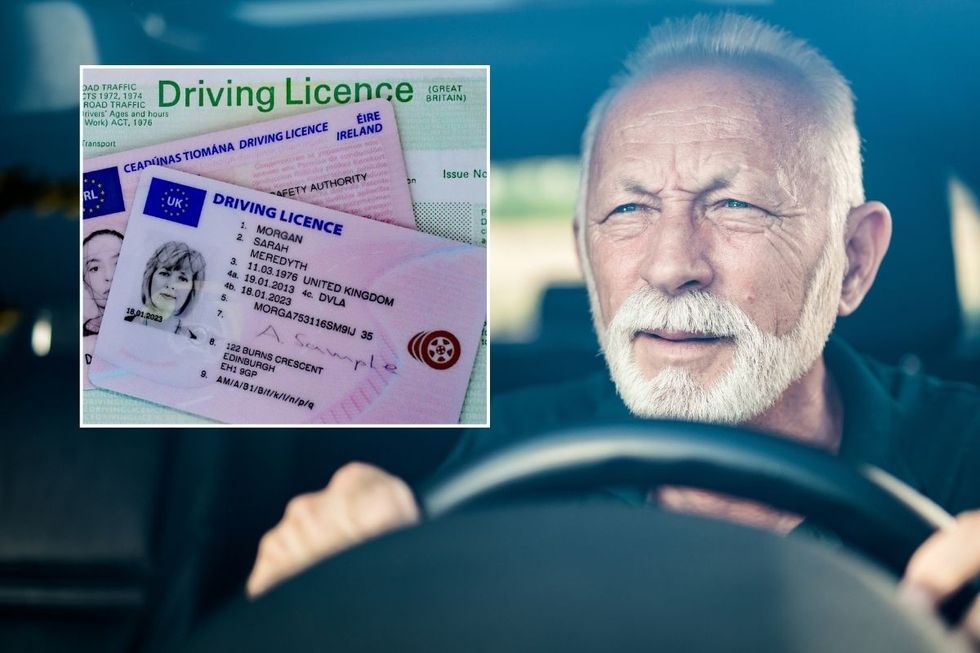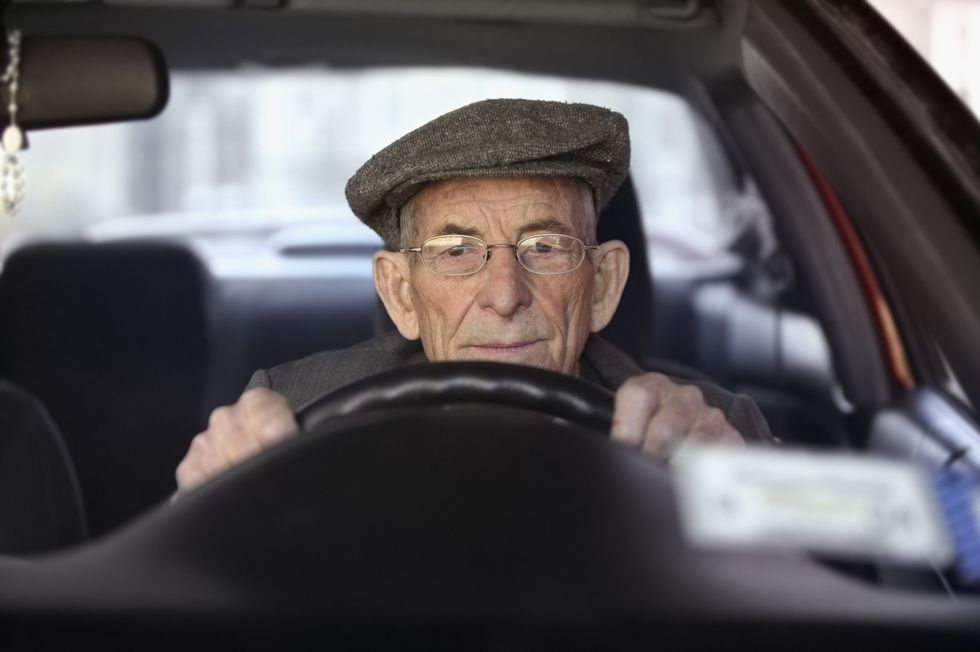Elderly drivers with certain medical condition at risk of £1,000 DVLA fine amid dangerous driving concerns
Drivers with certain medical conditions have been warned they could face a £1,000 fine if they fail to declare it to the DVLA when it affects their ability to drive safely.
The warning comes as new research revealed that drivers with depression make people more dangerous behind the wheel, particularly among elderly motorists.
The study by Washington University found that drivers over 65 with major depressive disorder were more likely to drive unpredictably, brake abruptly and take corners too quickly compared to those without the condition.
The findings raise fresh concerns about road safety across the UK with experts now calling for more stringent safety measures to be introduced.
Do you have a story you’d like to share? Get in touch by emailing motoring@gbnews.uk

As part of the report, researchers fitted special monitoring hardware to each participant’s car to track their driving habits from engine start to finish. The devices measured factors including speed, night-time trips, braking patterns and cornering velocity.
Scientists noted that depression in elderly people often goes undiagnosed, suggesting the condition could be quite common in this age group.
The findings were particularly significant as around a quarter of all car drivers killed in 2023 were over 70 years old, according to Department for Transport statistics.
The figures also showed that 11 per cent of all casualties in car collisions involved older drivers. The report separately found that between 2019 and 2023, 57 per cent of killed or seriously injured casualties from collisions involving older drivers were male, compared to 67 per cent for other age groups.
The study also found that participants with depression showed significantly riskier driving patterns over time compared to those without the condition.
Researchers discovered those with major depressive disorder were more prone to speeding and taking corners at higher velocities.
Drivers must inform the DVLA if their depression affects their ability to drive safely, or they could face penalties of up to £1,000.
The legal requirement applies to both car and motorcycle licence holders, as well as those with bus, coach or lorry licences. Drivers could also face prosecution if they are involved in an accident as a result of not declaring their condition.
The DVLA advised drivers affected that they must complete either an M1 questionnaire for car and motorcycle licences, or form M1V for bus, coach and lorry licences.
The researchers also recommend older drivers with depression take extra precautions when getting behind the wheel. This includes avoiding driving at night and during poor weather conditions.
The study findings showed that KSI (killed or seriously injured) casualties involving older drivers peak between 10am and 4pm.
“Regular screening for depression and cognitive impairments in older drivers, coupled with assessing driving fitness and tailored driving safety programs and support systems, can help enhance road safety and maintain the independence of older adults,” the Washington University researchers stated.
LATEST DEVELOPMENTS:
- Major changes announced across UK airports as drivers face new prices – ‘Bridge the gap’
- Petrol and diesel drivers at risk of penalties for breaking major Highway Code rule tackling pollution
- Thousands of drivers risk £2,500 fine in stop and searches amid increase in rulebreakers – ‘Only way forward’

Car insurance expert Greg Wilson from Quotezone.co.uk added: “It is vital to report any recent medical diagnosis to the DVLA if it will affect driving abilities. It’s important for drivers to stay safe and be on alert for any changes to their health, and if in any doubt, speak to the DVLA directly.”

